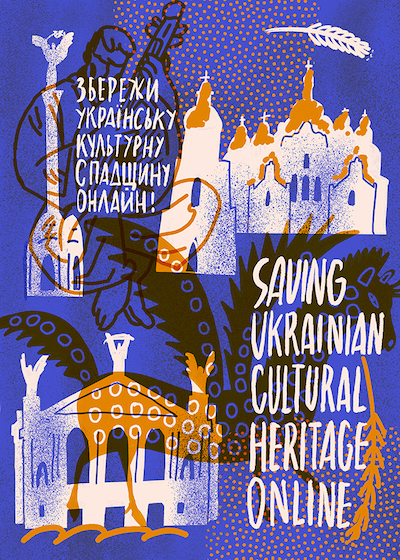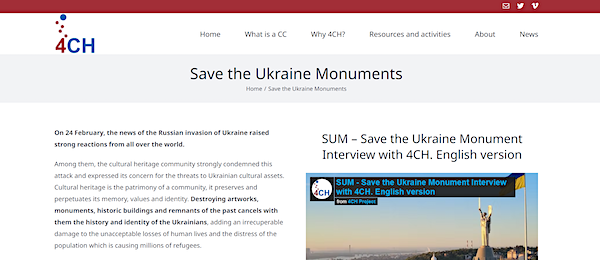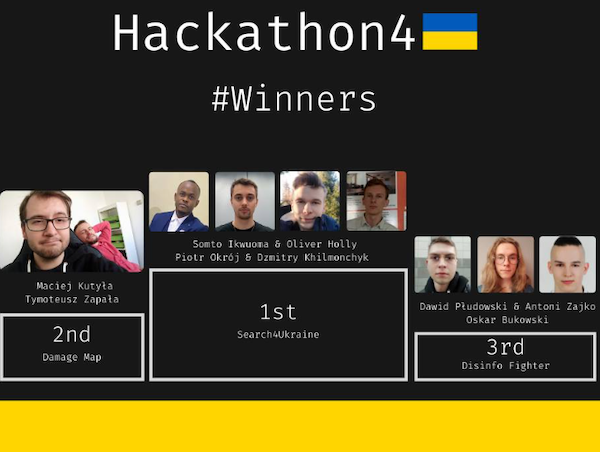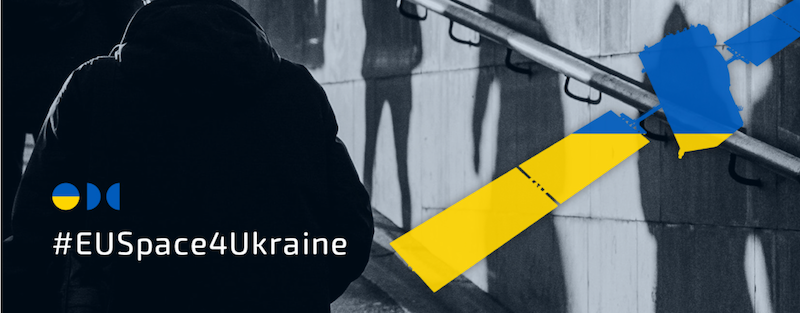SUCHO
Another outstanding, by its dynamic work and impressive number of people involved, initiative is Saving Ukrainian Cultural Heritage Online (SUCHO). The team comprises a group of more than 1,300 cultural heritage professionals including librarians, archivists, researchers, and programmers, that come (virtually) together to archive “at-risk [web]sites, digital content, and data in Ukrainian cultural heritage institutions while the country is under attack,” according to the group’s website.
Volunteers can sign up to help digitise important, historic, or otherwise unique documents, photos, and websites for posterity. Far from being merely an initiative that considers web archiving as another project for the research community to work on, what triggers SUCHO’s volunteers action is clearly stated by one of its founders, Quinn Dombrowski:
“But just in case these backups will be needed, we want to be able to put the files back where they belong: into the hands of Ukrainian librarians, archivists and curators.” (Volunteers Unite to Archive Ukrainian Cultural Heritage, March 8, 2022)
The coordinating team behind this initiative include Quinn Dombrowski, HE staff from Stanford University, Anna E. Kijas from Tufts University and Sebastian Majstorovic, a digital historian working in the Austrian Centre for Digital Humanities and Cultural Heritage. Thanks to their advanced IT facilities and specialised staff, HEIs can play an important role in promoting the storage and preservation of cultural heritage assets, thus guaranteeing a safe place for them in times of crisis.
Furthermore, what makes the SUCHO initiative even more interesting and inclusive is that it provides the necessary resources, tools and tutorials to better guide volunteers in this cultural heritage protection journey, thus eliminating any distinctions between experienced and newcomers in the field of digitally enhanced culture preservation.

SUCHO poster
As it is stated by Dan Cohen, dean of libraries and vice provost for information collaboration at Northeastern University:
“There’s a long history of these digital libraries that synthesize, preserve, and make widely available the records of regions, states, nations, people, and communities—SUCHO is just the latest version”, (Callahan, March 2022)
What makes SUCHO a successful initiative is its academia-society cooperation approach that facilitated its diffusion in just a short amount of time, covering volunteers from all over the world. SUCHO is also a great example of academia opening up to society and working together for a common cause which in this case is the protection of Ukrainian cultural heritage that is under threat.
A dedicated webinar to further disseminate and propagate the work of the SUCHO initiative, as well as to launch its own initiative Saving Ukrainian Cultural Heritage in Digital (SaveUCHdigital), was organised by the Digital Competence Framework for Ukrainian teachers and other citizens (dComFra) project. The webinar was a trigger of discussion among cultural heritage professionals and researchers, mostly associated with academia environments in Ukraine and abroad, who shared their experiences in cultural heritage preservation through digital technologies.
You can follow the webinar’s discussion by clicking here.



